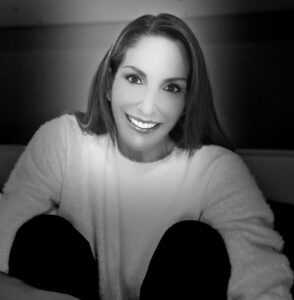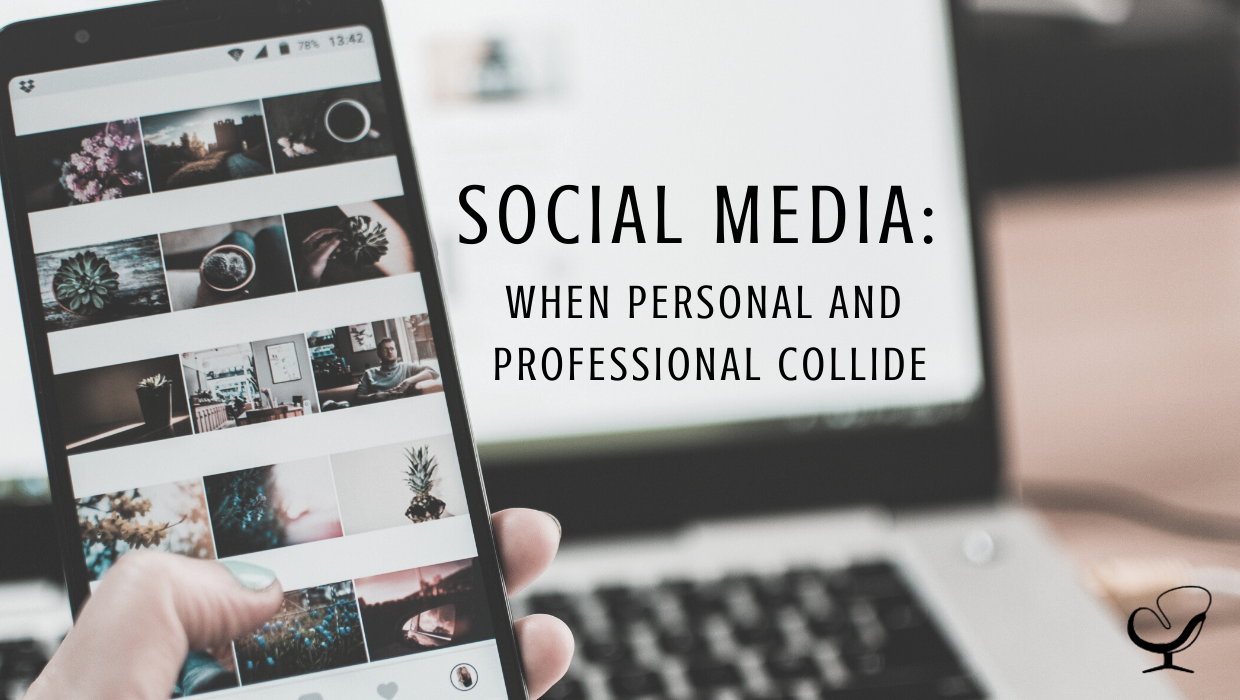As a Psychologist in Private Practice, I am no stranger to social media. It is almost a given that at a minimum, anyone in private practice must have a business website, Facebook, and Instagram account.
However, I am not just a business owner. I have a personal life outside of my practice. As such, I have a social media presence and accounts open for my business and personal life. I’m sure I’m not alone in this.
Let’s face it, as psychologists, we have many areas where our personal and professional lives cross and cause potential conflict. Social media is just one of them.
Given how many people are present and active on social media, it is highly likely that patients may find some of our personal information online.
However, there are some ways to try and prevent this as well as handle this should the situation arise.
1. Create a Social Media Policy
When I started my private practice, I was diligent about creating office policies and procedures that patients had to read and sign prior to starting therapy. As part of this, I developed a social media policy around APA’s Ethics Code. I clearly stated that I won’t accept contact requests or interact with patients on social media.
2. Be Prepared To Discuss What’s Online With Patients
It is best to just assume that at some point, a patient will find something about your personal life online. So, you should be ready to have a professional, boundaried discussion about whatever they found online during a session. You might address how the patient felt about what they saw and address any potential effects on therapy and your therapeutic relationship.
3. Limit And Manage What’s Visible on Social Media
There are settings on many of the social media platforms that allow for very minimal visibility. For instance, on Facebook, there are settings that do not allow for you to be searchable outside of Facebook itself. Or, that require people to ask for permission to be your “friend” before they can view your profile.
For anyone out there who is single and wants to consider being active on any online dating apps, this can be very tricky for a psychologist who may risk “matching” with a patient or someone connected to a patient (parent, ex-spouse, etc.). Hiding your profile and only being the one to choose potential matches is a way to navigate this. Another way is to post a profile but intentionally leave out a photo and profession.
Certainly, our profession does oftentimes put us in situations that people in other professions simply never have to think about. Due to the nature of what we do, we have to maintain a certain level of anonymity and professionalism. At times, this can be difficult to navigate through no fault of our own.
Surely, the nature of social media has made our ability to do this challenging. Information is easily accessible and available. And, unless we continually stay abreast of all of the new rules and regulations, it can be quite difficult to know what is and isn’t visible.
By trying the 3 suggestions above, make your personal social media a much less stressful and challenging part of your practice.
Additional Resources For You
If you’d like to know which social media sites you should be using and how to use them, check out this blog.
Listen to Latoya Smith’s podcast on the power of storytelling.
Or follow my own podcast where I’ll be sharing all my latest advice and tips on “Behind the Bite Podcast.”
About Cristina Castagnini, Ph.D., CEDS
 Cristina Castagnini, Ph.D., CEDS, is a licensed psychologist and is recognized as a Certified Eating Disorder Specialist by the International Association of Eating Disorder Professionals (IAEDP). She graduated with honors, earning her bachelor’s degree in psychology from The University of California, Santa Cruz, her Master’s Degree in clinical psychology (with an emphasis in Marriage and Family Therapy) from Pepperdine University, and her doctoral degree in counseling psychology at the University of Southern California. Find out more here.
Cristina Castagnini, Ph.D., CEDS, is a licensed psychologist and is recognized as a Certified Eating Disorder Specialist by the International Association of Eating Disorder Professionals (IAEDP). She graduated with honors, earning her bachelor’s degree in psychology from The University of California, Santa Cruz, her Master’s Degree in clinical psychology (with an emphasis in Marriage and Family Therapy) from Pepperdine University, and her doctoral degree in counseling psychology at the University of Southern California. Find out more here.

